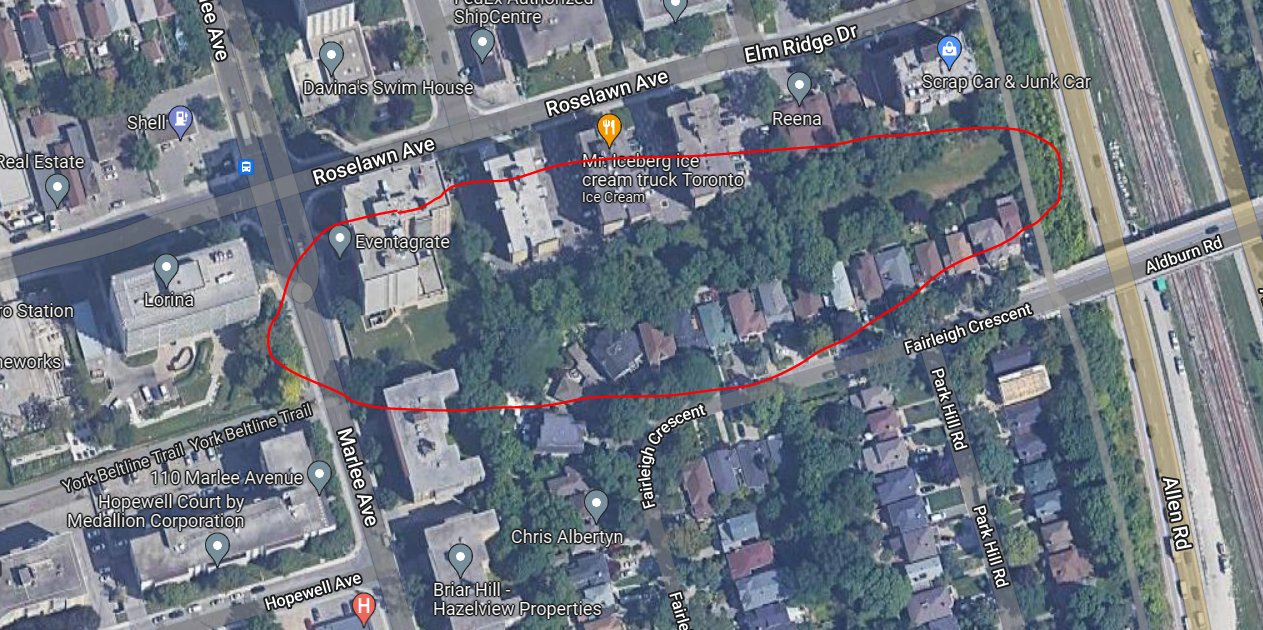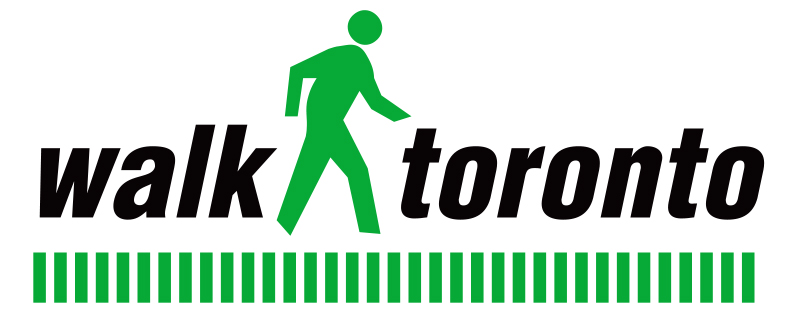Walk Toronto has written to the Infrastructure and Environment Committee to support plans to improve the midtown Beltline Trail. In particular, Walk Toronto supports the extension of the York Beltline Trail to the Allen Road along a currently unused City of Toronto right-of-way, with the intention of improving the connection to the Kay Gardiner Beltline Trail to the east, and setting up a possible future bridge to connect the two directly.
Walk Toronto’s submission also provides detailed assessments of improvements that would make walking the Beltline Trail safer and easier to use.
The potential extension is circled in red below. Some local residents on Fairleigh Crescent who have used this space as an extension of their back yards are objecting to the plans, but this space is owned by the City of Toronto and should be available to all residents.

As Michael Black writes in Walk Toronto’s communication, “Clearly, this is an improvement that will benefit Torontonians who live in various parts of the city. It is not appropriate to view this initiative as having only local significance. This should not be seen as a parkette, but rather as a major linkage in a linear park that is 9 kilometres long.”

